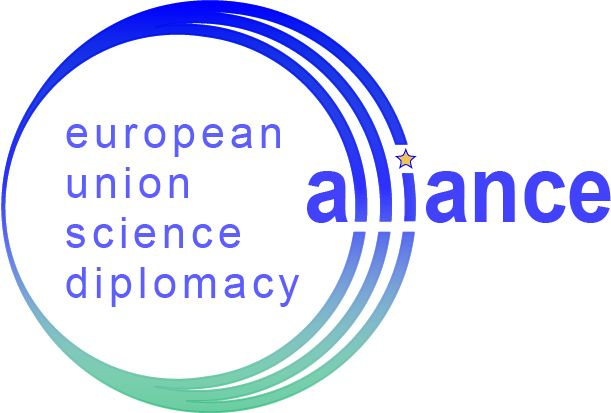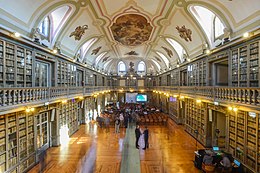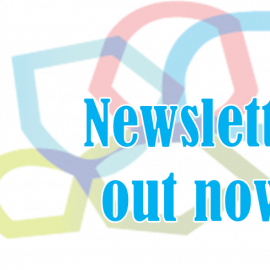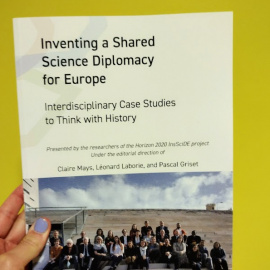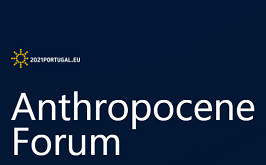
The Anthropocene Forum 2021 was organized by the Portuguese Presidency of the European Council to discuss the need for an EU inclusive agenda to address the challenges that arise from a rapidly changing planet by fostering critical knowledge, sustainable innovation and a new educational paradigm.
InsSciDE member Maria Paula Diogo, Chair of the Forum’s Scientific Committee, led the scientific organization of the event. Coordinator Pascal Griset joined to present the InsSciDE project and reflect on the notion of science diplomacy in this context.
About the Anthropocene
The term Anthropocene was popularized in 2000 by the atmospheric chemist Paul Crutzen to acknowledge that humans have become a dominant and disruptive force on our planet to such an extent that its future is in danger, or more precisely, our future on it. Climate wars, unbridled exploitation of natural resources, asymmetric distribution of wealth, massive population shifts/migrations, unexpected and extreme natural disasters, and immeasurable loss of biodiversity are some of the more evident faces of the Anthropocene predicament, which call for urgent reflection and action.
Although from the geological perspective the Anthropocene is not still officially recognized as a new subdivision of the geologic time scale (even if the Anthropocene Working Group (AWG) already provided evidence that the world has indeed entered the Anthropocene), the concept almost immediately triggered huge interest not only from the scientific community (including the sciences, engineering, social sciences and humanities), but also artists and the general public. For it provides a platform to connect/discuss different issues across various societal groups, ranging from academic topics to activism, from artistic engagement to growth (and degrowth) theories, from environmental policies to deforestry in Amazonia, from gender and race issues to privacy and security.
The Anthropocene Forum 2021 (June 15-17 2021)
At the Forum, the concept of the Anthropocene provided a nexus for bringing together a multi-layered analysis of the most pressing issues we face today at the global scale.
Three days each corresponded to a fundamental topic:
- The Anthropocene: an interdisciplinary debate. How should we know the Anthropocene?
- The Anthropocene: a worldwide debate. How should we deal with the Anthropocene?
- The Anthropocene: experiencing the Anthropocene; the local communities’ perspective.
During the second day, mostly focused on political agendas, InsSciDE Coordinator Pascal Griset presented the project and highlighted the role science diplomacy may play in shaping new practices to be implemented by policy makers and diplomats. He argued for encouraging close dialogue with experts and their institutions (e.g. academies of science). Griset’s short presentation during the roundtable was reinforced by Pedro Conceição, the leader of the United Nations’ report Anthropocene and Human Development, who stressed the need for an extended discussion and collaboration between experts, diplomats and politicians to address efficiently and on a global perspective the Anthropocene predicament.
